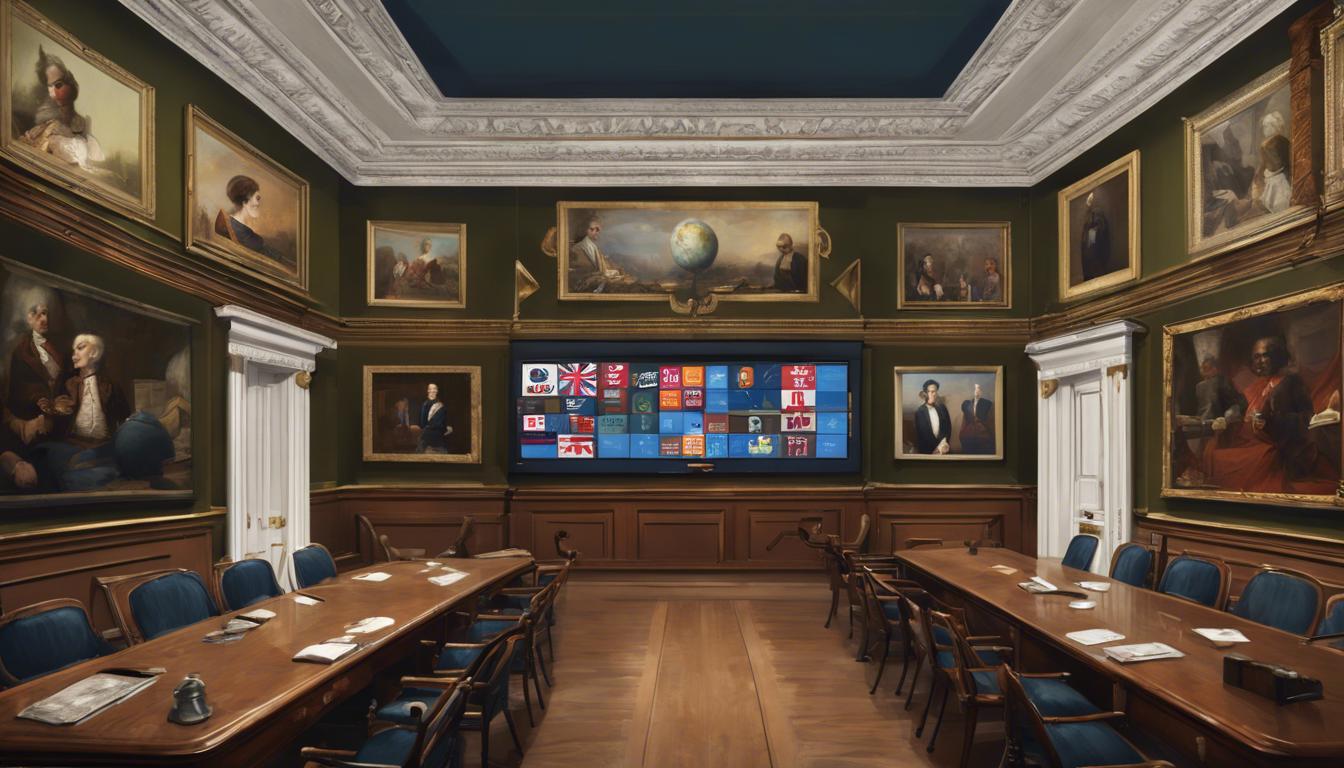Proposals for modernising the UK Foreign Office include a name change to ‘Global Affairs UK’ and a strategic shift in international engagement, amidst debates on the UK’s global role post-Brexit.
Calls for modernisation within the UK Foreign Office have emerged prominently, with proposals suggesting significant changes to update its approach and image in the post-Brexit landscape. Experts, including the former Cabinet Secretary Lord Sedwill, advocate for a rebranding of the department to “Global Affairs UK” alongside a strategic increase in international engagement. This move aims to better reflect the UK’s current position as a mid-sized, offshore power in a world that is evolving rapidly.
The modernisation suggestions also include removing colonial-era portraits from office walls, symbolising a shift from the past to a future-focused perspective on diplomacy and international relations. The changes are deemed essential for projecting a modern image of the UK globally and enhancing its soft power. Notably, some recommendations have been met with resistance, with the Prime Minister’s office affirming its support for the existing structure of the Foreign Office, which it views as crucial for promoting the UK’s global interests.
Amidst these discussions, the UK government faces pressure over its approach to the Gaza conflict, with reports of a Cabinet split on responses, including the contentious topic of arms sales to Israel. Downing Street, however, has declared unity in its stance, focusing on conflict resolution, hostage release, and increased humanitarian support for the region. The government’s reluctance to halt arms exports or publish legal advice on compliance with international law has drawn criticism and calls for greater transparency.
In a related vein, criticism over the Foreign Office’s traditional and elitist image has been echoed by senior ex-diplomats in a report that calls for an overhaul. Highlighting the need for a new office to manage the UK’s overseas affairs comprehensively, including trade, aid, cultural relations, and climate crisis mitigation, the report emphasises modernising the Whitehall palace and adopting a more pragmatic and economically oriented foreign policy.
These developments illustrate ongoing debates over the future direction of UK foreign policy and diplomacy, reflecting a broader consideration of historical legacies, current capabilities, and future aspirations on the global stage.













